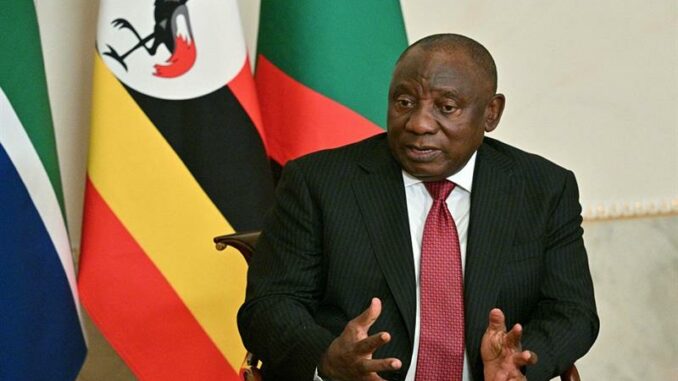
South Africa has entered a new phase of governance as President Cyril Ramaphosa announced a coalition cabinet, marking a significant shift in the country’s political landscape. This move comes after the African National Congress (ANC) lost its majority in the recent election, forcing it to form alliances with opposition parties.
In a notable appointment, former opposition leader John Steenhuisen of the Democratic Alliance becomes the new agriculture minister. The cabinet retains key ANC figures, including Enoch Godongwana as finance minister, while introducing new faces in crucial portfolios.
The formation of this unity government follows weeks of complex negotiations, reflecting the challenges of coalition politics in a country long dominated by single-party rule. Ramaphosa emphasized the diversity and collaborative spirit of the new executive.
This coalition now faces the daunting task of revitalizing South Africa’s struggling economy, addressing infrastructure issues, and tackling high unemployment. However, ideological differences between coalition partners on issues like Black empowerment programs, land expropriation, and minimum wage policies may present hurdles to policy making.
As South Africa embarks on this new political journey, the success of this diverse coalition in delivering tangible changes to millions of citizens will be closely watched, both domestically and internationally.
